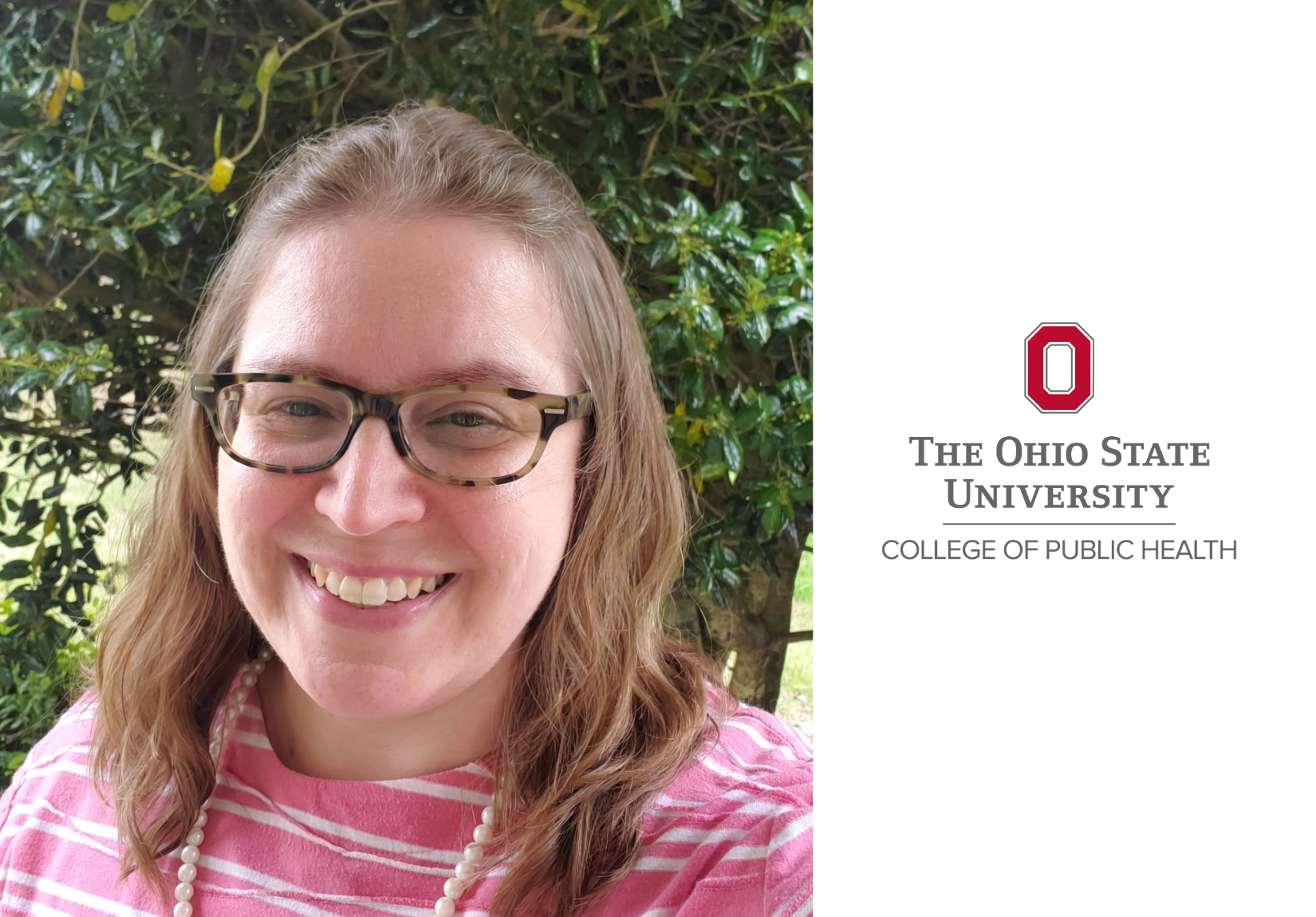Q&A: Reproductive health ‘encompasses many facets of our lives’
Kristen Carroll ’02 MPH reflects on public health career
By Kristen Mitchell

Meet Kristen Carroll ’02 MPH, a College of Public Health alum driven by her passion for access to high quality health services and accurate information.
Carroll, head of the North Carolina Division of Public Health’s reproductive health branch, shares the importance of communicating public health successes and her advice for today’s CPH students.
Question and Answer
What attracted you to working in reproductive health?
I started working in reproductive health as a teen pregnancy prevention health educator at a local health department. I was excited to work with young people and address the stigmas around reproductive health. I then served as executive director of a small nonprofit focused on HIV prevention working with African American and Latino populations. I transitioned to working for the state health department to impact the entire state and address policies influencing public health.
Once you work in the sexual health field it is easy to become passionate and feel called to sharing accurate health information and working to improve access to quality reproductive health services.
How have you seen the public health challenges associated with women’s and reproductive health in North Carolina evolve since you started your career?
Reproductive health always brings scrutiny with it, even when things are going well. I have come to expect the questions around what is and is not appropriate to share with young people, who should be having conversations, etc. The topic is very political, and we have seen that become front and center over the last several years. The challenge is that reproductive health is not one thing but encompasses many facets of our lives. Reproductive health is critical for every individual’s physical, mental, emotional and social well-being.
While everyone is caught up with debating the issues, people are confused on where to go for services, what they have access to and how they will pay for it. It is more important than ever to ensure people have correct information, know their rights and have access to equitable, quality health services.
What is your favorite part of your work?
The people! I enjoy connecting with local agencies throughout North Carolina that are implementing reproductive health programs, providing clinical services and making the real impact. The dedication to their communities is inspirational. The reproductive health network throughout the U.S. is incredibly supportive. These are passionate individuals always pushing, never giving up and consistently bringing their best every day to improve reproductive health. I am always learning and in awe of the work that is happening to ensure people have what they need.
Is there anything about public health that you wish more people understood?
We are not good at sharing success stories and highlighting our work and that has hurt us, because most people don’t know who we are and what we do. Public health is in action everywhere. It impacts us in all aspects of our lives with most people not even knowing it. People working in this field are compassionate, dedicated and hardworking. We need additional resources to impact not just the low-hanging fruit but to address the many health gaps in our country.
What about your work have you been most proud of?
Reproductive health has a long history rooted in racism, inequities and inhumane practices. Over the last several years, my coworkers and I have taken an active role in learning about the history, acknowledging the role we continue to play and committing to continuing our journey to make changes and improve reproductive health care for all North Carolinians. In the last few years, we have made a name change (from family planning to reproductive health), created a reproductive justice position, held book clubs, updated policies, offered trainings and are implementing a patient experience survey this year to measure equity during patient clinic visits. It is a journey, and I am proud it is one we are on together, while sharing knowledge and skills and lifting up voices of our local communities.
What advice do you have for current public health students?
Remember the stories that motivate you and work on honing them to a motivational vignette that you can verbally relay in a couple of minutes or less. The stories are what help the public connect to our work. Helping the public see the value of public health and of financially supporting the work of public health will be an ongoing challenge.